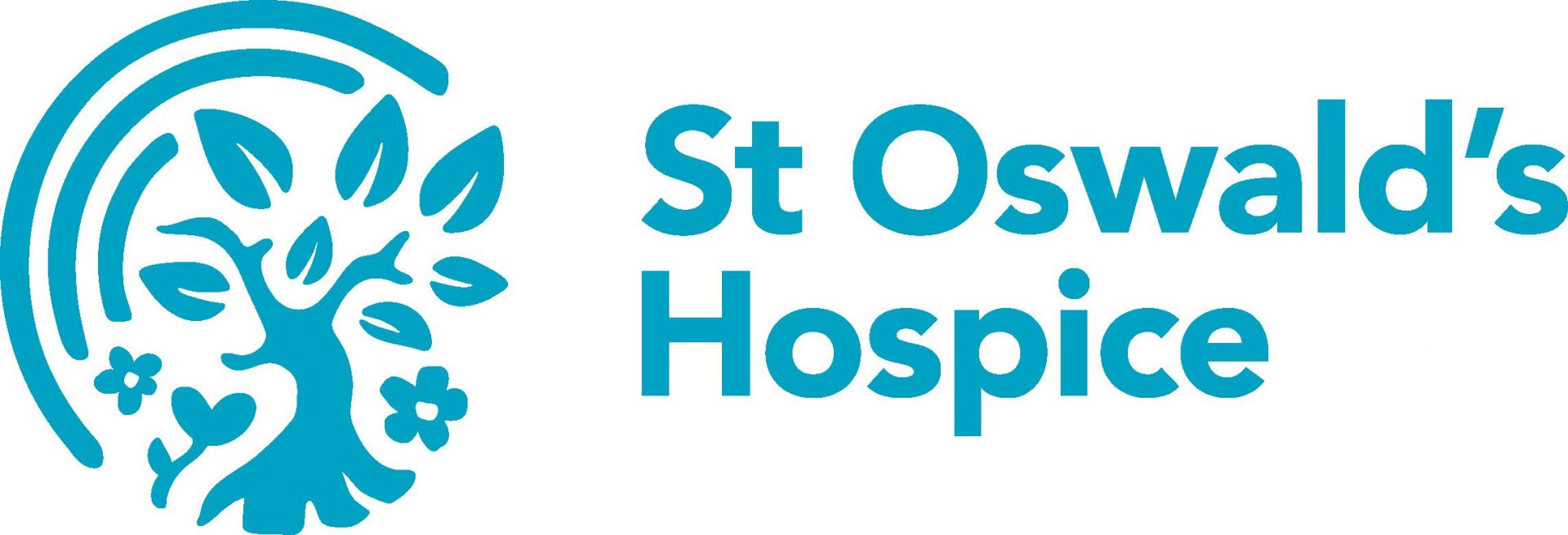Research project - Engaging GPs In Transition
Improving the Transition for Young People from Childhood to Adult Services.
Medical advances have enabled many young people with life-threatening or life-limiting conditions to live longer, often into adulthood.
As a result, managing the transition from children to adult services has become increasingly important.
Families often face a sudden drop in support when their child moves to adult care. The coordinated and comprehensive services available in childhood are replaced by adult services that are often fragmented and difficult to navigate.
This transition can be emotionally and physically stressful, particularly as the young person’s condition worsens and caring becomes more demanding.
To help address this, St Oswald’s Hospice led a pilot project to explore how adult palliative care could support smoother transitions, particularly by strengthening the role of GPs.
This pilot was delivered in partnership with the Newcastle Gateshead Clinical Commissioning Group (CCG).
Project Lead: Dr Joanne Elverson, Consultant in Palliative Medicine, St Oswald’s Hospice.
Together for Short Lives Improving Transitions Fund project
2019
Each young person referred to the clinic attended an annual assessment with palliative care specialists.
The assessment was carried out in two parts:
- A review of physical and psychological symptoms, medication, and emergency healthcare plans.
- A discussion focused on life goals and future planning.
The research looked at Qualitative methods only.
Findings:
Developing a service to improve transition for young people with life-limiting conditions provided many opportunities for learning.
The project had a total of 13 referrals for people between the ages of 17 and 29 years.
From an analysis of project data, we can see that people came to the project with around 3 or 4 main issues needing intervention, including:
- Sleep problems
- Breakdown or a non-existent relationship with consultant or GP making management or planning difficult/impossible
- A lack of suitable respite
- No care plan
Sitting behind these issues were a series of concerns. At the top of that list expressed by families, was a general frustration with their GP, such as not knowing the GP or not feeling understood.
This was followed by concerns around losing paediatric support; concerns that decisions were not being made in the patient’s best interests; worries about how the condition is managed; concerns that the condition will not be treated with sufficient intensity; worries about having the child removed from their care; and general worries based upon previous poor experiences.
Recommendations:
Specific recommendations related to clinical care, carer support and relationships with other professionals as well as suggestions around project development.
They Include:
- Creating new and developing existing knowledge and practice partnerships
- Effectively coordinating
- Preventative interventions Improved end of life planning
Read the final evaluation below.
Read the final evaluation